
The Enchanting Cat Island: A Bahamian Paradise
Cat Island, a hidden gem in The Bahamas, beckons travelers with its untouched beauty and serene landscapes. This island, named after the pirate Arthur Catt, is a haven for those seeking tranquility and an authentic Bahamian experience. With its pink sand beaches, lush greenery, and crystal-clear waters, Cat Island offers a perfect escape from the hustle and bustle of modern life. The island is steeped in history, with ruins of plantations and churches offering a glimpse into its past. The Hermitage, a monastery built by Father Jerome, stands atop Mount Alvernia, the highest point in The Bahamas, providing breathtaking panoramic views. Visitors can explore the mystical Blue Holes, natural underwater caves that are perfect for diving and snorkeling enthusiasts. Cat Island's vibrant culture is reflected in its lively festivals and warm, welcoming locals. The island is also known for its unique Rake and Scrape music, a traditional Bahamian genre that involves the use of carpentry tools as musical instruments. Whether you're basking in the sun on Fernandez Bay, hiking through the lush trails, or immersing yourself in the local culture, Cat Island promises an unforgettable experience.
Local tips in Cat Island
- Visit The Hermitage early in the morning to avoid crowds and enjoy the stunning sunrise views.
- Bring cash, as many local vendors and small businesses do not accept credit cards.
- Try the local dish, 'boiled fish and grits,' for an authentic Bahamian culinary experience.
- Rent a car to explore the island at your own pace, as public transportation is limited.
- Pack reef-safe sunscreen to protect the island's delicate marine ecosystems.
The Enchanting Cat Island: A Bahamian Paradise
Cat Island, a hidden gem in The Bahamas, beckons travelers with its untouched beauty and serene landscapes. This island, named after the pirate Arthur Catt, is a haven for those seeking tranquility and an authentic Bahamian experience. With its pink sand beaches, lush greenery, and crystal-clear waters, Cat Island offers a perfect escape from the hustle and bustle of modern life. The island is steeped in history, with ruins of plantations and churches offering a glimpse into its past. The Hermitage, a monastery built by Father Jerome, stands atop Mount Alvernia, the highest point in The Bahamas, providing breathtaking panoramic views. Visitors can explore the mystical Blue Holes, natural underwater caves that are perfect for diving and snorkeling enthusiasts. Cat Island's vibrant culture is reflected in its lively festivals and warm, welcoming locals. The island is also known for its unique Rake and Scrape music, a traditional Bahamian genre that involves the use of carpentry tools as musical instruments. Whether you're basking in the sun on Fernandez Bay, hiking through the lush trails, or immersing yourself in the local culture, Cat Island promises an unforgettable experience.
When is the best time to go to Cat Island?
Iconic landmarks you can’t miss
Princess Cays
Experience the pristine beauty of Princess Cays, a tropical paradise in the Bahamas perfect for relaxation, adventure, and local culture.
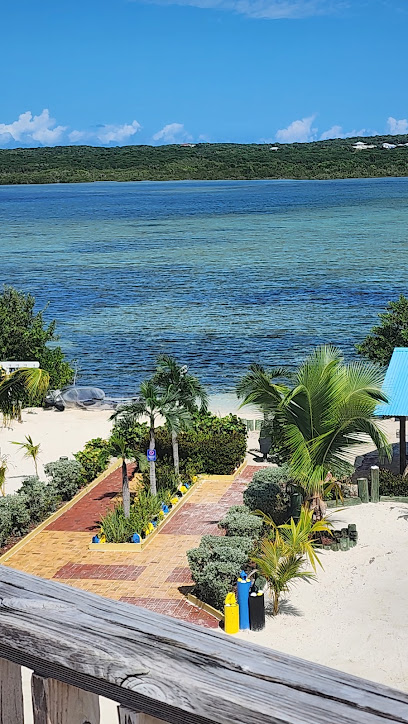
Fort Fincastle
Discover the historic Fort Fincastle in Nassau, a remarkable 18th-century fort offering breathtaking views and a deep dive into Bahamian heritage.
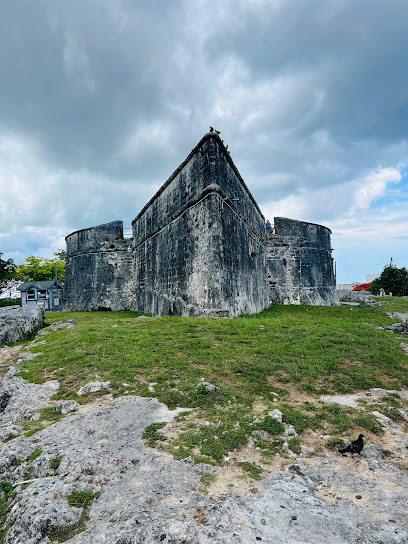
Parliament Square
Explore the rich history and vibrant culture of Nassau at Parliament Square, a captivating landmark and hub of Bahamian heritage.
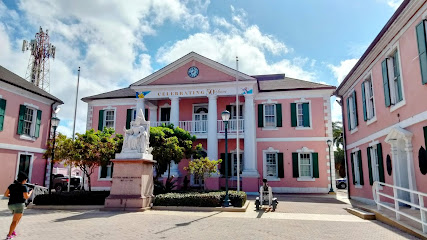
Fernandez Bay Village
Discover the serene beauty of Fernandez Bay Village, a top resort hotel in the Bahamas offering relaxation, adventure, and stunning ocean views.
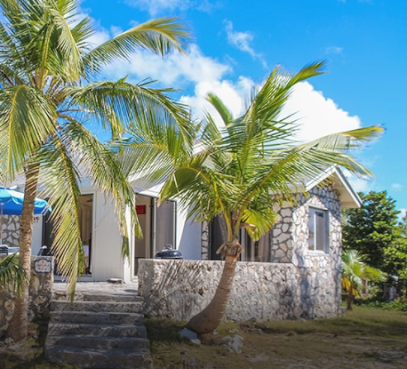
Rollezz Villas Beach Resort
Experience the ultimate Bahamian getaway at Rollezz Villas Beach Resort, where relaxation meets adventure amidst stunning ocean views.

Elbow Reef Lighthouse
Discover the breathtaking views and rich history of the Elbow Reef Lighthouse on Elbow Cay, a must-see tourist attraction in the Bahamas.
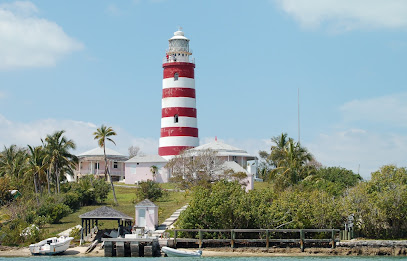
Shannas Cove Resort
Unwind in luxury at Shanna's Cove Resort, a hidden treasure in Orange Creek, Bahamas, where adventure meets relaxation.
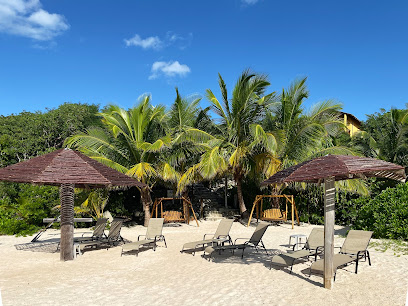
Greenwood Beach Resort
Experience the ultimate tropical escape at Greenwood Beach Resort, a serene haven in Port Howe offering luxurious accommodations and breathtaking ocean views.
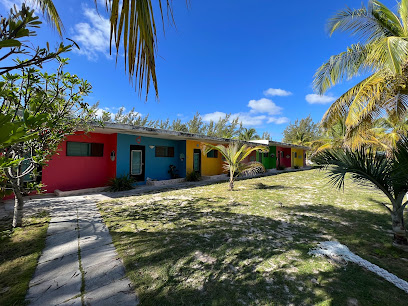
Hawks Nest Resort & Marina
Experience the perfect blend of relaxation and adventure at Hawks Nest Resort & Marina in McQueen's Settlement, Bahamas.
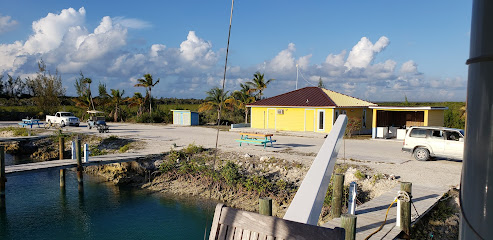
Da Pink Chicken
Experience the vibrant flavors and stunning views at Da Pink Chicken, a culinary treasure in Cutlass Bay, Bahamas.
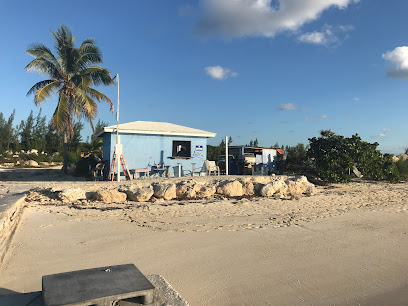
Da Smoke Pot
Experience the authentic flavors of Bahamian cuisine at Da Smoke Pot in Arthur's Town, a must-visit destination for food lovers.
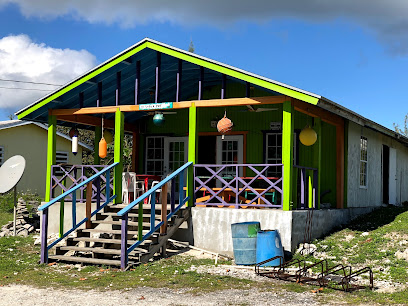
Fountain Bay Resort Cat Island
Discover the tranquil beauty of Fountain Bay Resort on Cat Island, where comfort meets adventure in the heart of the Bahamas.

PIGEON CAY BEACH CLUB
Experience tranquility at Pigeon Cay Beach Club, a hidden gem in the Bahamas with stunning beaches and crystal-clear waters for the perfect getaway.

Cat Island Experience
Explore the breathtaking beauty and rich culture of Cat Island with personalized tours that unveil the island’s hidden gems and vibrant history.
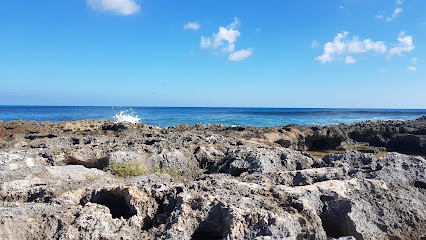
New Bight-Freetown Settlement Airport
Discover the charm of the Bahamas as you arrive at New Bight-Freetown Settlement Airport, the gateway to stunning landscapes and vibrant local culture.

Unmissable attractions to see
Half Moon Cay
Experience the serene beauty of Half Moon Cay, a private island paradise in the Bahamas, with stunning beaches and thrilling adventures.
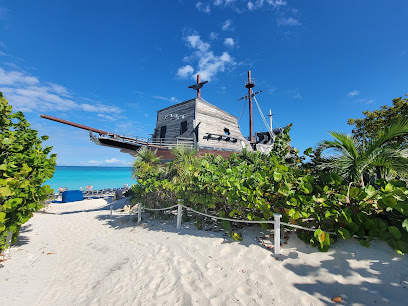
Turtle Point
Experience the breathtaking beauty of Turtle Point in Paradise Island, Nassau - a serene tourist attraction perfect for relaxation and adventure.
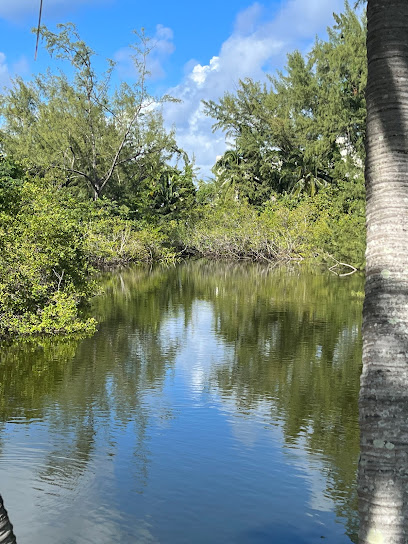
The Point House - Hawks Nest Resort
Experience the tranquil beauty of The Point House - Hawks Nest Resort, a pristine beach paradise in McQueen's Settlement, Bahamas.
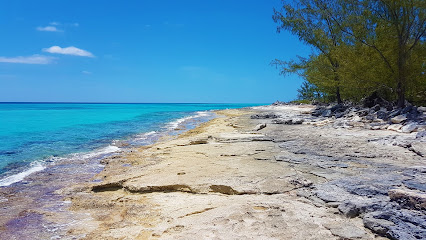
Old bight beach
Experience the tranquil beauty of Old Bight Beach in the Bahamas, a perfect destination for relaxation and adventure.
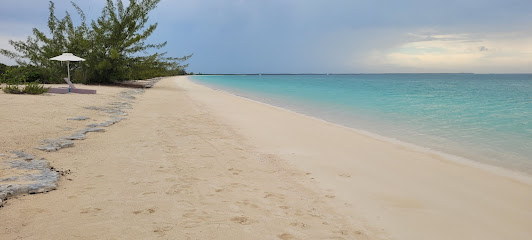
Blue Hole
Explore the stunning Blue Hole in Zonicles, a breathtaking natural wonder perfect for swimming, snorkeling, and immersing yourself in tropical beauty.

Man-O-War Beach
Experience the natural beauty and tranquility of Man-O-War Beach, a hidden gem on North End Point perfect for relaxation and exploration.
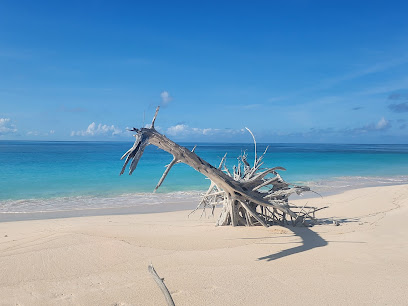
The Great View
Discover the breathtaking landscapes and serene atmosphere at The Great View, a must-visit tourist attraction in Old Bight Settlement.

Healing Pond
Explore the tranquil beauty of Healing Pond in Port Howe, a perfect escape for nature lovers and those seeking serenity amidst breathtaking landscapes.
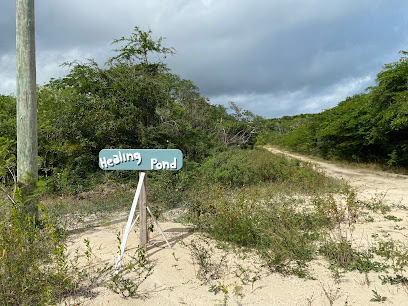
Man O'War Point
Experience the breathtaking hiking trails and stunning coastal views at Man O'War Point, a hidden gem in the Bahamas perfect for adventurers and nature lovers.

Shannas cove beach
Experience the pristine beauty and tranquil vibe of Shanna's Cove Beach, a must-visit paradise in Orange Creek, Bahamas.

Essential places to dine
Hidden Treasures Restaurant fine dinning with Chef Trevor
Discover exquisite flavors at Hidden Treasures Restaurant in The Bight Settlement – where culinary artistry meets Bahamian charm.
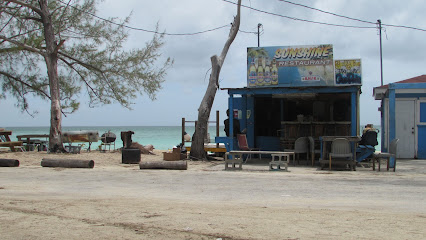
Hotspot Cat Island
Discover authentic Bahamian cuisine at Hotspot Cat Island, where fresh seafood meets vibrant island hospitality.
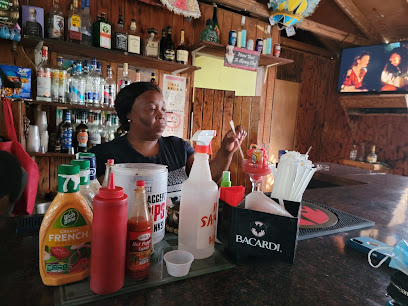
Da Pink Chicken
Experience authentic Bahamian cuisine at Da Pink Chicken in Cutlass Bay—where flavor meets tropical charm.
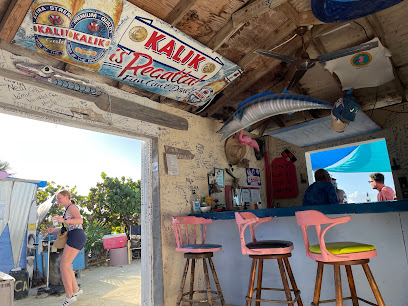
Yardies Interprizes
Experience authentic Bahamian cuisine at Yardies Interprizes in Benett's Harbour Settlement - a culinary gem filled with local flavors.
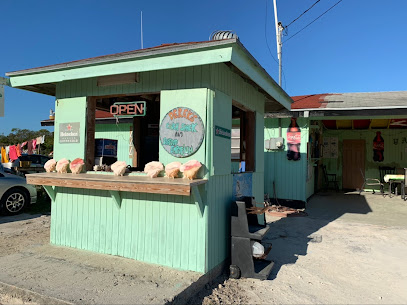
Duke's Conch Stand
Discover authentic Bahamian flavors at Duke's Conch Stand - where every dish tells a story of island tradition.
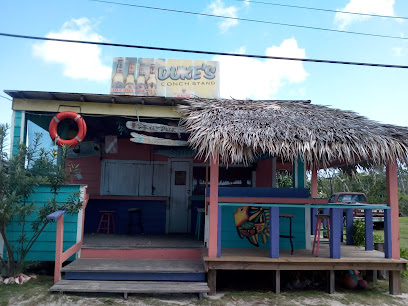
Da Smoke Pot
Experience authentic Bahamian cuisine at Da Smoke Pot in Arthur's Town – where flavor meets island hospitality.
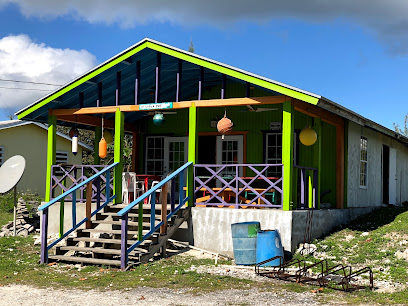
Lil Gippy's Restaurant & Bar
Experience authentic Bahamian cuisine at Lil Gippy's Restaurant & Bar in New Bight - where flavors meet stunning views.
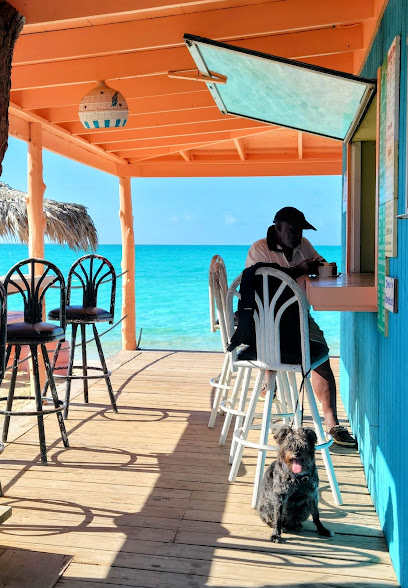
Fountain Bay Resort Cat Island
Discover exquisite dining and breathtaking views at Fountain Bay Resort Cat Island – your ultimate getaway in the Bahamas.

Sunshine Take Away
Experience authentic Bahamian flavors at Sunshine Take Away in The Bight Settlement - perfect for casual dining with fresh seafood delights.
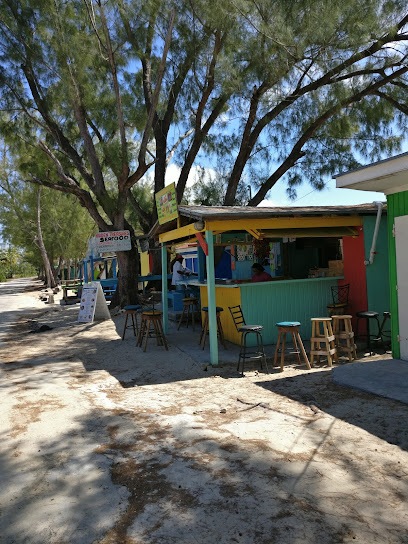
Blue Water's Restaurant & Bar
Experience exquisite dining with stunning ocean views at Blue Water's Restaurant & Bar in Freetown Settlement.
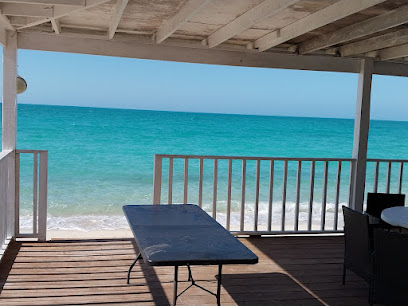
Sweet Tambrin
Discover authentic Bahamian cuisine at Sweet Tambrin in Port Howe—where fresh ingredients meet unique local flavors.
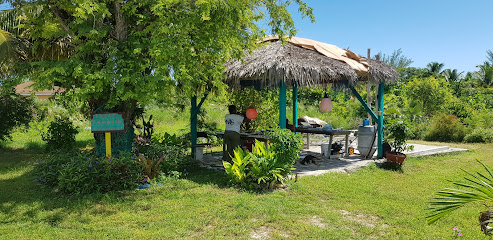
Tingum Dem Beach Bar & Water Sports
Experience family-friendly fun at Tingum Dem Beach Bar & Water Sports with delicious food, refreshing drinks, and exciting activities in The Bight Settlement.
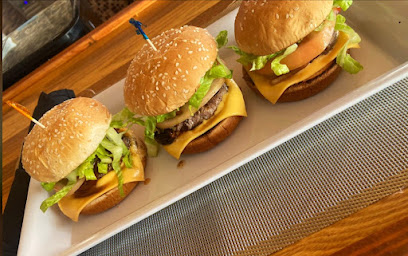
J&R’s Restaurant
Experience authentic Bahamian flavors at J&R's Restaurant in Zonicles Bain'sTown - a culinary gem not to be missed!
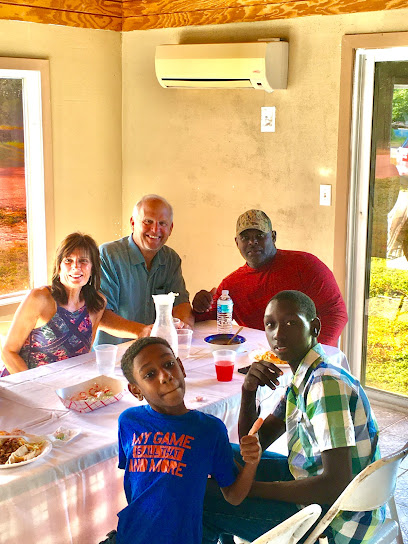
Ann & Dex’s Place at The Hallover
Experience authentic Bahamian cuisine at Ann & Dex's Place in Smith's Bay - where every meal tells a story.
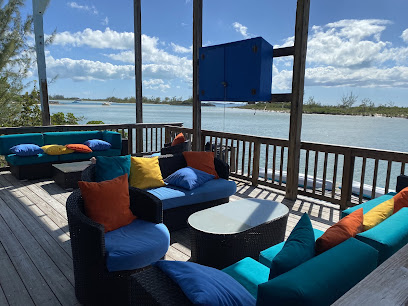
Anniboo Rest
Discover authentic Bahamian flavors at Anniboo Rest in Old Bight Settlement - where culinary traditions meet warm hospitality.

Markets, malls and hidden boutiques
Nassau Straw Market
Discover the vibrant Nassau Straw Market, a hub of local crafts, delicious flavors, and Bahamian culture in the heart of Nassau.
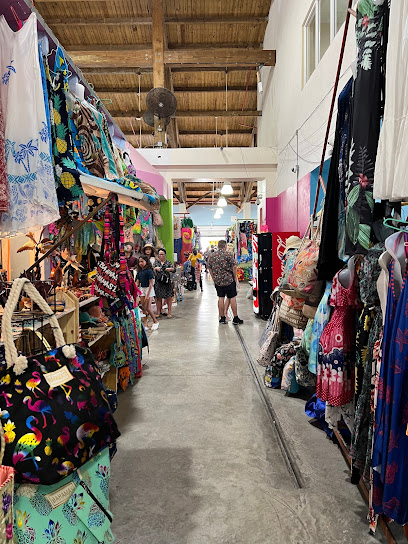
Solomon's Old Trail
Explore the diverse offerings at Solomon's Old Trail, your one-stop shopping destination in Nassau for groceries, clothing, and electronics.
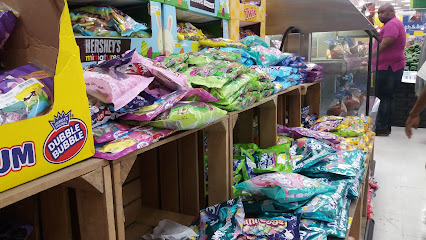
Solomon's Fresh Market
Explore local flavors and organic goodness at Solomon's Fresh Market in Nassau, the perfect stop for health enthusiasts and food lovers.
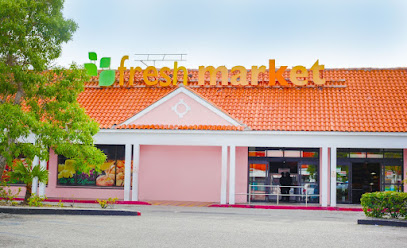
Lil General's Convenience Store
Discover local snacks and essentials at Lil General's Convenience Store in Nassau, your friendly grocery stop for island flavors and convenience.
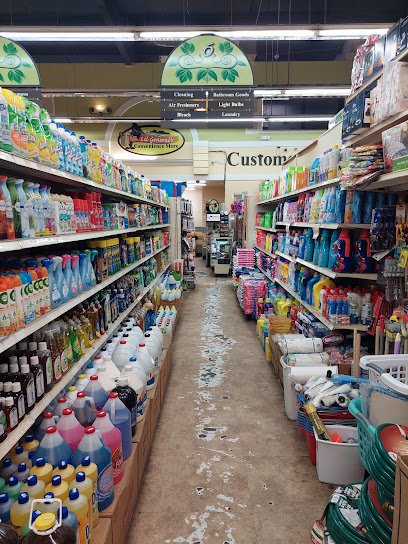
Crystal Court Shops
Discover luxury shopping in Paradise Island at the Crystal Court Shops, featuring designer boutiques and unique Bahamian crafts.
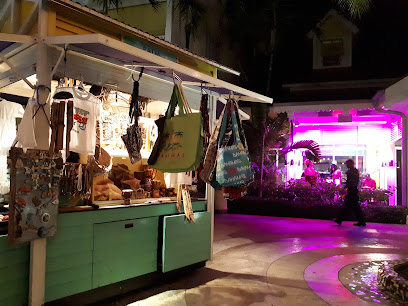
Marina Village at Atlantis
Marina Village at Atlantis: A shopping and dining paradise on Paradise Island, blending Bahamian culture with vibrant waterfront experiences.
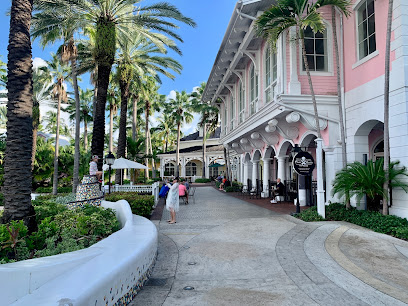
Buy 4 Less
Explore Nassau's vibrant flavors and essentials at Buy 4 Less, your budget-friendly grocery store for all your travel needs.
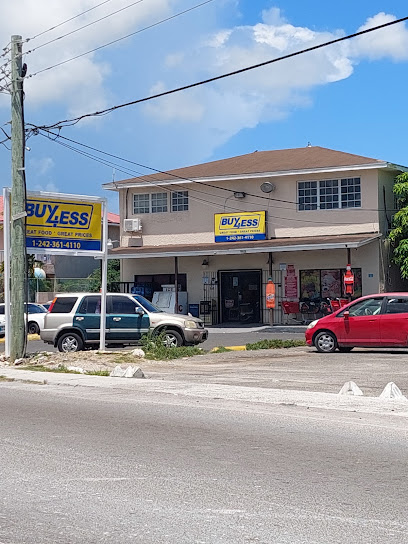
Hidden Treasures Restaurant fine dinning with Chef Trevor
Discover Hidden Treasures Restaurant in The Bight Settlement, where Chef Trevor serves exquisite dishes made from the freshest local ingredients.
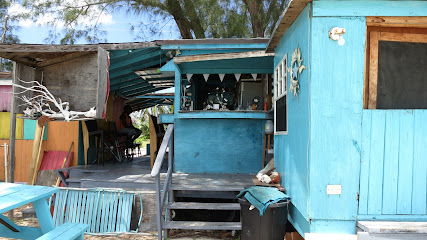
Bahari Bahamas
Explore Bahari Bahamas for an authentic Bahamian shopping experience, featuring unique clothing styles for men and women in Nassau.
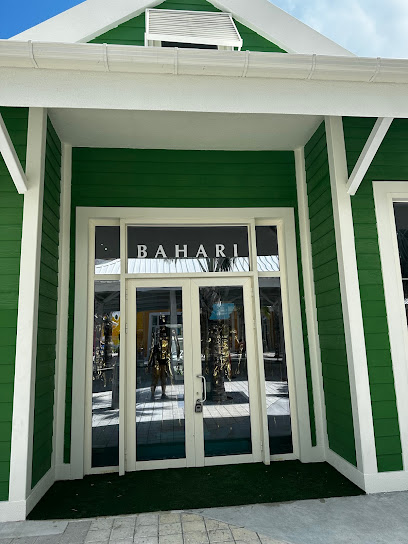
Alvernia Food Store
Experience the charm of Alvernia Food Store in Cat Island, where local flavors and friendly service await every visitor.
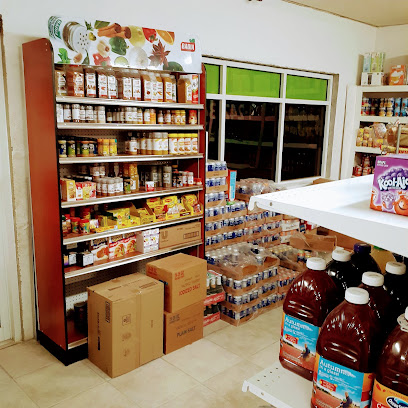
Island Made Gift Shop
Explore the Island Made Gift Shop for unique handcrafted souvenirs and support local artisans in the heart of the Bahamas.
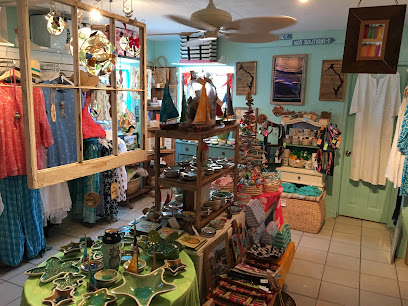
Palm Tree Supermarket
Discover a local treasure in Nassau: Palm Tree Supermarket, your go-to spot for fresh produce and unique Bahamian snacks.
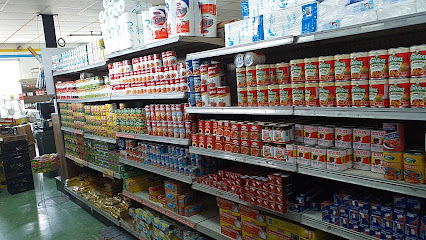
Tropical Nursery Garden Flora & Pet Supplies Ltd.
Discover the lush beauty of Tropical Nursery Garden Flora & Pet Supplies in Nassau, where tropical plants and pet supplies meet in vibrant harmony.
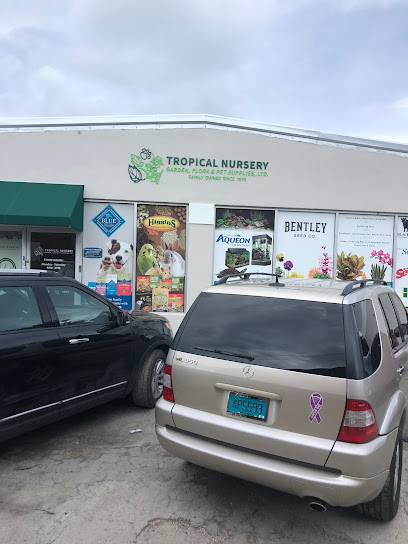
Da Pink Chicken
Experience the flavors of Cutlass Bay at Da Pink Chicken, where delicious local cuisine meets a vibrant dining atmosphere.
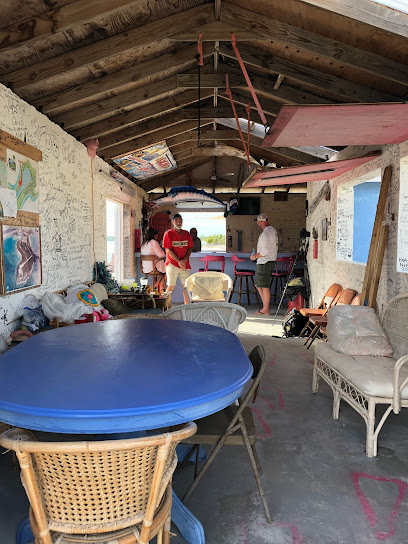
Festival Place
Discover Nassau's vibrant shopping scene at Festival Place, where local culture meets international flair in a stunning mall experience.
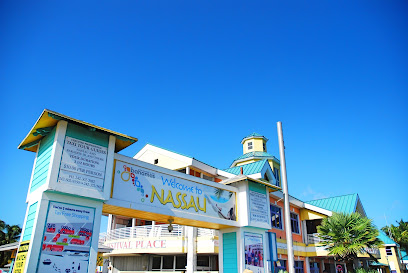
Essential bars & hidden hideouts
Hotspot Cat Island
Experience authentic Bahamian cuisine at Hotspot Cat Island, where local flavors and warm hospitality come together in a picturesque setting.
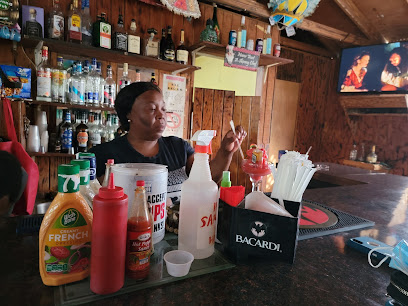
Da Pink Chicken
Experience the vibrant flavors of the Bahamas at Da Pink Chicken in Cutlass Bay, where mouthwatering dishes and a lively atmosphere await every visitor.
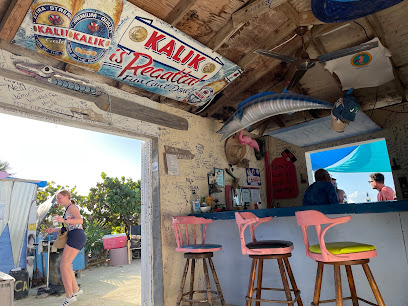
Da Smoke Pot
Experience authentic Bahamian cuisine at Da Smoke Pot, a cozy restaurant in Arthur's Town known for its delicious flavors and warm hospitality.
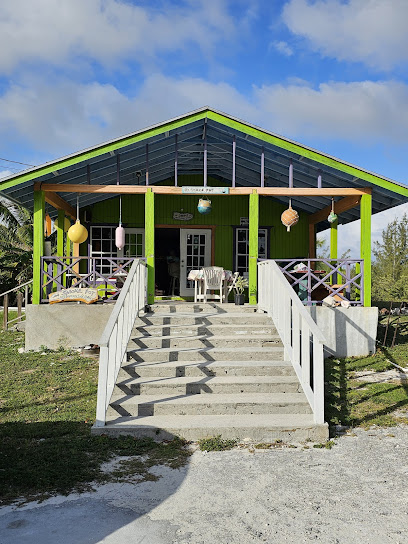
Lil Gippy's Restaurant & Bar
Experience authentic Bahamian cuisine with breathtaking views at Lil Gippy's Restaurant & Bar in New Bight.
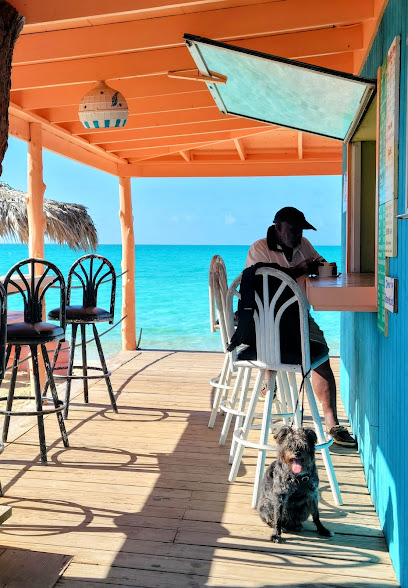
Blue Water's Restaurant & Bar
Experience the essence of Bahamian cuisine at Blue Water's Restaurant & Bar, where fresh seafood meets stunning ocean views on Cat Island.
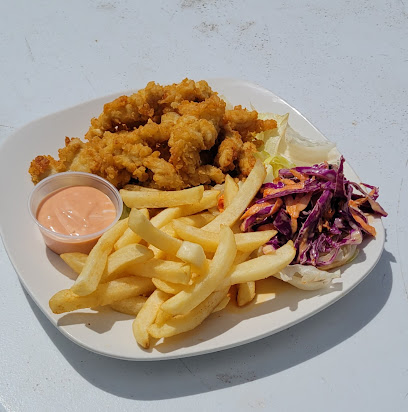
Emma Louise Pirate Ship
Experience the enchanting charm of the Emma Louise Pirate Ship, a vibrant bar on Half Moon Cay offering refreshing drinks and stunning ocean views.
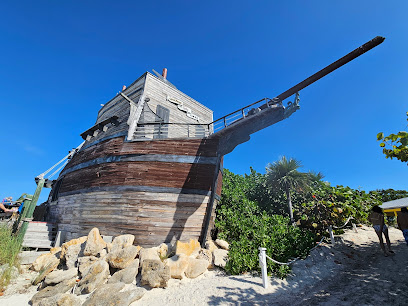
Sweet Lips
Experience the vibrant atmosphere and delightful drinks at Sweet Lips, the must-visit bar in Smith's Bay, Bahamas.
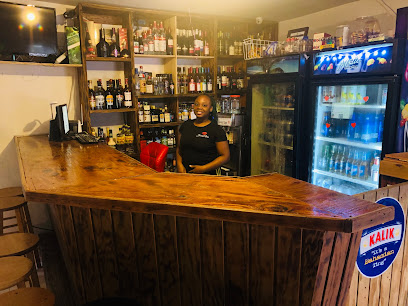
Tingum Dem Beach Bar & Water Sports
Discover a family-friendly paradise at Tingum Dem Beach Bar & Water Sports, featuring delicious cuisine and thrilling water activities in stunning surroundings.
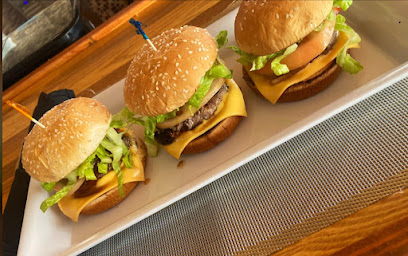
Dis we place
Experience the vibrant nightlife and local flavors at Dis we place, a lively bar in Thurston Hill perfect for unwinding and socializing.
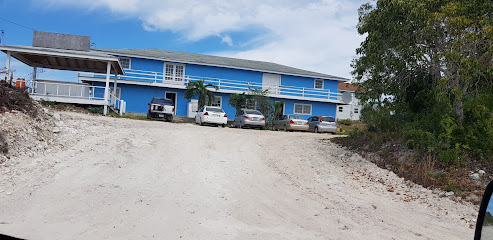
Bucktown Bar and Restaurant
Discover the vibrant flavors at Bucktown Bar and Restaurant in Devil's Point, serving delicious fast food with a local twist.
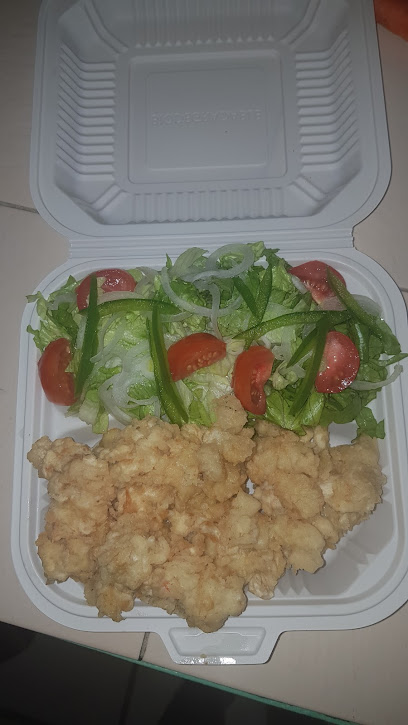
Bluebird Restaurant and Bar
Experience the flavors of the Bahamas at Bluebird Restaurant and Bar, where culinary excellence meets stunning ocean views.
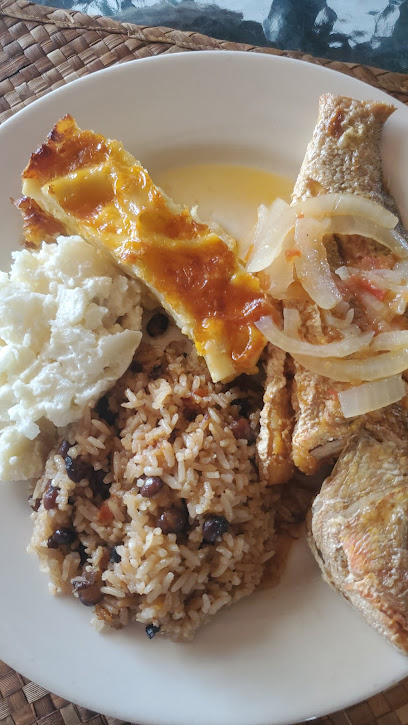
In Da Middle
Experience authentic Bahamian cuisine at In Da Middle, a beloved restaurant in Gaitors known for its fresh ingredients and welcoming atmosphere.
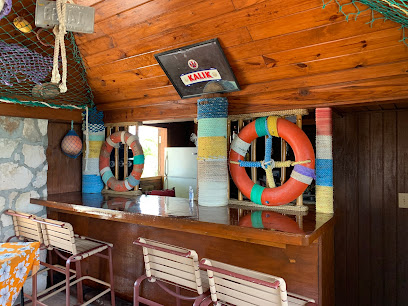
Grammy Farah's
Experience the authentic flavors of Bahamian cuisine at Grammy Farah's, a culinary gem in The Bight Settlement, where every dish is a celebration of local tradition.

G Sport Bar & Lounge
Discover the vibrant atmosphere of G Sport Bar & Lounge, a perfect blend of delicious cuisine and lively entertainment in Freetown, New Bight.
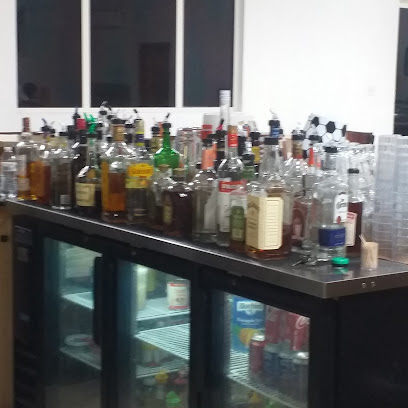
Majors Delight #2
Experience the excitement of sports in Arthur's Town at Majors Delight #2, the perfect spot for food, drinks, and community spirit.

Local Phrases
-
- HelloHola
[ho-la] - GoodbyeChao
[cha-o] - YesSí
[see] - NoNo
[no] - Please/You're welcomePor favor/De nada
[por fa-vor/de na-da] - Thank youGracias
[gra-cias] - Excuse me/SorryDisculpe/Lo siento
[dis-cul-pe/lo sien-to] - How are you?¿Cómo estás?
[co-mo es-tas] - Fine. And you?Bien. ¿Y tú?
[bien. i tu] - Do you speak English?¿Hablas inglés?
[a-blas in-gles] - I don't understandNo entiendo
[no en-tien-do]
- HelloHola
-
- I'd like to see the menu, pleaseQuisiera ver el menú, por favor
[ki-sie-ra ver el me-nu, por fa-vor] - I don't eat meatNo como carne
[no co-mo car-ne] - Cheers!¡Salud!
[sa-lud] - I would like to pay, pleaseMe gustaría pagar, por favor
[me gus-ta-ria pa-gar, por fa-vor]
- I'd like to see the menu, pleaseQuisiera ver el menú, por favor
-
- Help!¡Ayuda!
[ayu-da] - Go away!¡Vete!
[ve-te] - Call the Police!¡Llama a la Policía!
[ya-ma a la po-li-cia] - Call a doctor!¡Llama a un médico!
[ya-ma a un me-di-co] - I'm lostEstoy perdido
[es-toy per-di-do] - I'm illEstoy enfermo
[es-toy en-fer-mo]
- Help!¡Ayuda!
-
- I'd like to buy...Quisiera comprar...
[ki-sie-ra com-prar] - I'm just lookingSolo estoy mirando
[so-lo es-toy mi-ran-do] - How much is it?¿Cuánto cuesta?
[cuan-to cues-ta] - That's too expensiveEso es demasiado caro
[e-so es de-ma-sia-do ca-ro] - Can you lower the price?¿Puedes bajar el precio?
[pue-des ba-jar el pre-cio]
- I'd like to buy...Quisiera comprar...
-
- What time is it?¿Qué hora es?
[ke o-ra es] - It's one o'clockEs la una en punto
[es la u-na en pun-to] - Half past (10)Y media
[y me-dia] - MorningMañana
[ma-nya-na] - AfternoonTarde
[tar-de] - EveningNoche
[no-che] - YesterdayAyer
[a-yer] - TodayHoy
[hoi] - TomorrowMañana
[ma-nya-na] - 1Uno
[u-no] - 2Dos
[dos] - 3Tres
[tres] - 4Cuatro
[cua-tro] - 5Cinco
[cin-co] - 6Seis
[seis] - 7Siete
[sie-te] - 8Ocho
[o-cho] - 9Nueve
[nue-ve] - 10Diez
[diez]
- What time is it?¿Qué hora es?
-
- Where's a/the...?¿Dónde está...?
[don-de es-ta] - What's the address?¿Cuál es la dirección?
[cual es la di-rec-cion] - Can you show me (on the map)?¿Puedes mostrarme (en el mapa)?
[pue-des mos-trar-me (en el ma-pa)] - When's the next (bus)?¿Cuándo es el próximo (autobús)?
[cuan-do es el pro-xi-mo (au-to-bus)] - A ticket (to ....)Un boleto (a ....)
[un bo-le-to (a)]
- Where's a/the...?¿Dónde está...?
History of Cat Island
-
Before the arrival of Europeans, Cat Island was inhabited by the Lucayan people, an indigenous group who were part of the larger Taino culture. The Lucayans lived in harmony with their environment, relying on fishing, farming, and trade with neighboring islands. Archaeological sites on Cat Island still contain remnants of Lucayan pottery and tools, offering a glimpse into their daily lives.
-
Cat Island was first encountered by Europeans when Christopher Columbus made his historic voyage in 1492. While it is often debated, some believe Cat Island to be the true landing site of Columbus' first landfall in the New World. The island was originally named San Salvador by Columbus, but was later renamed Cat Island in the 18th century, possibly after Arthur Catt, a pirate who frequented the area.
-
During the colonial period, Cat Island was part of the British Empire. The island's economy was largely driven by plantations that produced crops such as cotton, sisal, and pineapples. The remains of these plantations, including old stone walls and ruins, can still be found scattered around the island, serving as silent witnesses to its agricultural past.
-
Following the American Revolution, Loyalists who remained faithful to the British Crown fled to The Bahamas, including Cat Island. These settlers brought with them slaves and new agricultural practices, significantly impacting the island's social and economic structures. The Loyalist influence is still evident in the island's architecture and cultural traditions.
-
Cat Island is noted for its deep-rooted religious heritage, particularly the role of Father Jerome, an Anglican priest who converted to Catholicism. Father Jerome, born John Cecil Hawes, built several iconic churches on the island, including St. Francis of Assisi Catholic Church on Mount Alvernia, the highest point in The Bahamas. His architectural contributions have become key landmarks and are central to the island's cultural identity.
-
Cat Island has a vibrant cultural scene, strongly influenced by African traditions brought by enslaved people. The island is famous for its Rake-and-Scrape music, a genre that uses homemade instruments like saws, goatskin drums, and accordions. Festivals such as the annual Cat Island Rake and Scrape Festival celebrate this unique musical heritage, drawing visitors from around the world.
-
In the modern era, Cat Island has transitioned from an agricultural hub to a destination known for its natural beauty and rich history. While the island remains less commercialized compared to other Bahamian islands, its pristine beaches, historical sites, and cultural festivals make it an attractive spot for tourists seeking an authentic Bahamian experience.
Cat Island Essentials
-
Cat Island is accessible via New Bight Airport (TBI), which has regular flights from Nassau, the capital of The Bahamas. There are also charter flights available from other Bahamian islands and select international locations. Additionally, you can reach Cat Island by ferry services that operate between Nassau and Cat Island, though these are less frequent. Ensure to check the schedule in advance.
-
While on Cat Island, rental cars are the most convenient option for getting around, as public transportation is limited. Taxis are available, but they can be expensive for long distances. If you prefer a more eco-friendly option, bicycles can be rented from local shops. Be prepared for some unpaved roads, especially when exploring the more remote areas of the island.
-
The official currency of The Bahamas is the Bahamian Dollar (BSD), which is pegged to the US Dollar (USD). Both currencies are widely accepted. Credit cards are accepted in most hotels, restaurants, and larger stores, but it is advisable to carry cash for smaller establishments and vendors. ATMs are available but can be sparse, so plan accordingly.
-
Cat Island is generally safe for tourists, but like any destination, it's important to take standard precautions. Avoid isolated areas at night and keep your belongings secure. There are no specific high-crime areas targeting tourists on Cat Island, but always remain vigilant. Petty theft can occur, so lock your doors and avoid displaying valuables.
-
In case of an emergency, dial 911 for immediate assistance. The island has a local police station and medical facilities, including a clinic in New Bight. It's strongly recommended to have travel insurance that covers medical emergencies. For minor health issues, several pharmacies on the island can provide over-the-counter medications.
-
Fashion: Do dress comfortably and modestly, especially when visiting local villages and churches. Avoid overly revealing clothing. Religion: Do respect local customs and traditions. When visiting churches, dress conservatively and remove your hat. Public Transport: Do use taxis and rental cars for convenience. Public transportation is limited. Greetings: Do greet locals with a friendly 'hello' or 'good day.' Manners are important. Eating & Drinking: Do try local dishes and seafood. Don't refuse food or drink offered by locals, as it is considered impolite.
-
To experience Cat Island like a local, visit the island's weekly fish fry and local markets where you can buy fresh produce and handmade crafts. Engage with residents who are often willing to share stories about the island's history and culture. Don't miss exploring Mount Alvernia, the highest point in The Bahamas, where you can visit the Hermitage, a small monastery with breathtaking views.
Trending Landmark in Cat Island
-
Princess Cays
-
Fort Fincastle
-
Parliament Square
-
Fernandez Bay Village
-
Rollezz Villas Beach Resort
-
Elbow Reef Lighthouse
-
Shannas Cove Resort
-
Greenwood Beach Resort
-
Hawks Nest Resort & Marina
-
Da Pink Chicken
-
Da Smoke Pot
-
Fountain Bay Resort Cat Island
-
PIGEON CAY BEACH CLUB
-
Cat Island Experience
-
New Bight-Freetown Settlement Airport
Nearby Cities to Cat Island
-
Things To Do in Exuma
-
Things To Do in Eleuthera
-
Things To Do in Harbour Island
-
Things To Do in Nassau
-
Things To Do in Andros Town
-
Things To Do in Lucaya
-
Things To Do in Providenciales
-
Things To Do in Freeport
-
Things To Do in Grace Bay
-
Things To Do in Parrot Cay
-
Things To Do in Pine Cay
-
Things To Do in Bimini
-
Things To Do in North Caicos
-
Things To Do in Middle Caicos
-
Things To Do in South Caicos









